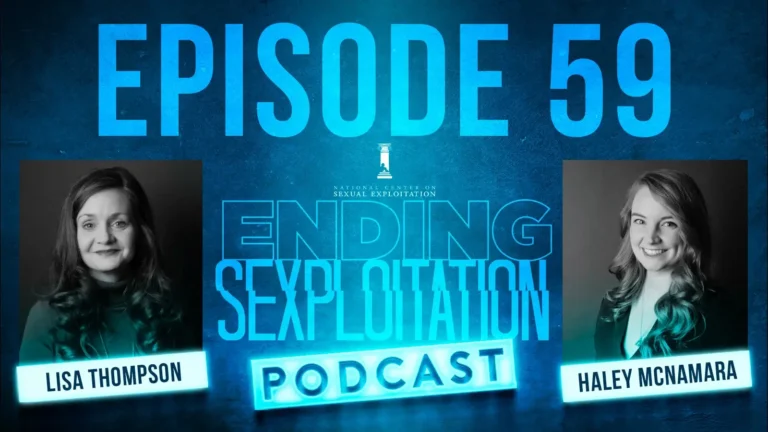WASHINGTON (BP) — A legal loophole that has shielded sex advertising websites and their users from prosecution may be reversed after the U.S. House of Representatives heard arguments today (Feb. 27).
A bipartisan bill, hailed by such advocates as the National Center on Sexual Exploitation (NCOSE), would amend Section 230 of the Communications Act of 1934. Classified advertising website Backpage.com and its users have used the act to avoid federal and state prosecution over interactive computer services related to child sexual exploitation and sex trafficking, according to the bill’s supporters.
H.R. 11865, termed the “Allow States and Victims to Fight Online Sex Trafficking Act the 2017 (FOSTA),” would allow monetary fines and up to 10 years’ imprisonment of “whoever uses or operates a facility or means of interstate or foreign commerce or attempts to do so with the intent to promote or facilitate the prostitution of another person.”
More than 170 lawmakers are cosponsoring the bill that is also supported by law enforcement groups and the technology community. House debate was continuing at the deadline of today’s edition of Baptist Press.
Bill author Ann Wagner, R-Mo., introduced the bill in April 2017 “sadly out of necessity,” she told fellow representatives today. In a Feb. 26 Townhall editorial, Wagner said the law has prevented sex trafficking victims from accessing justice and relief, and that the Communications Decency Act of 1996 (CDA) has been ineffective in fighting online sex crimes.
“Since 2010, several brave sex trafficking victims have sued Backpage.com — exercising their rights to seek justice against the website that facilitated their slavery — and state attorneys general have prosecuted Backpage.com for its criminal conduct,” Wagner wrote. “Section 230 has been interpreted so broadly that courts have ruled in favor of Backpage.com despite the website’s clear criminal conduct.”



